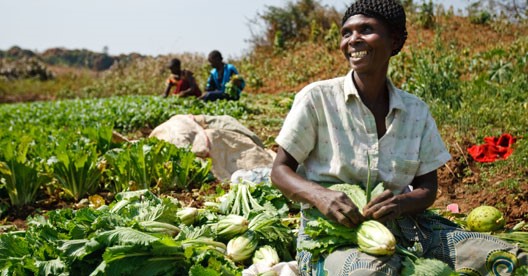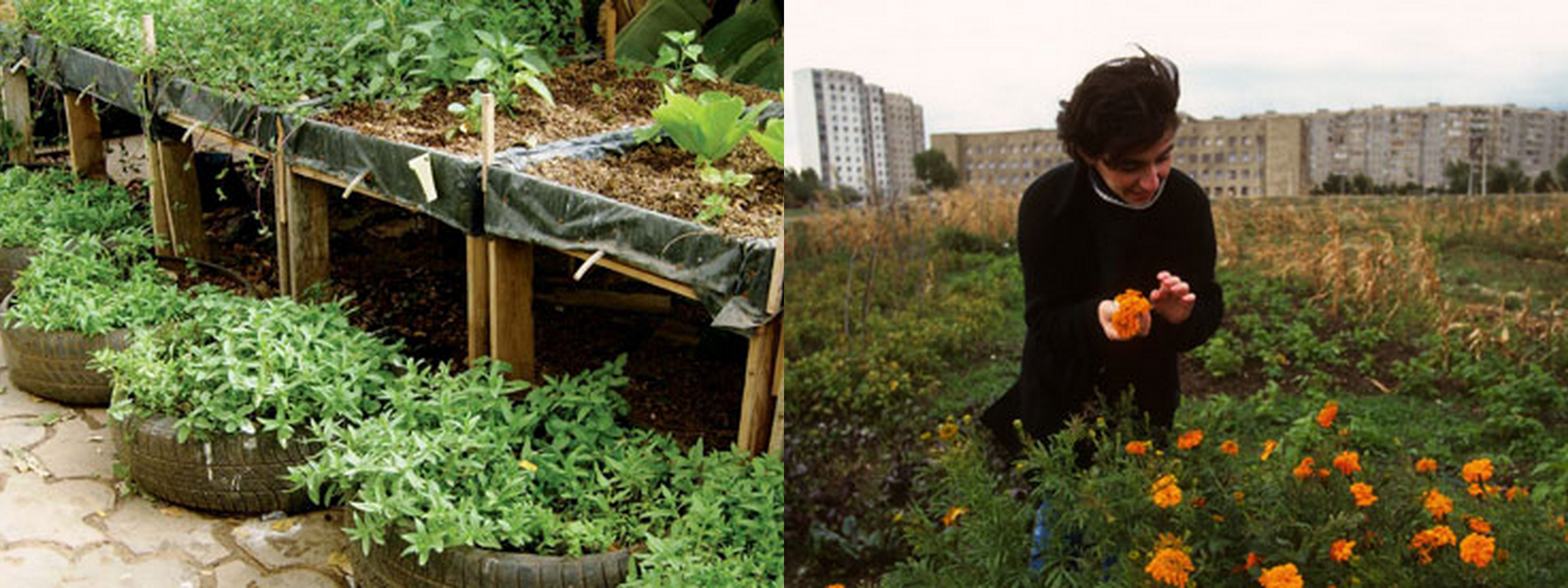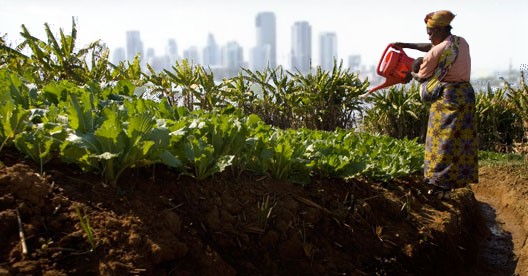AgriGo4Cities - GOOD PRACTICE EXAMPLE: Growing Greener Cities
18-06-2018
Growing Greener Cities: When the environmental culture become a mainstream
There is often the wrong habit to consider the environmentalist vision as a subculture, an alternative lifestyle belonging to a small group of people, opposite to the mainstream culture in which people are more interested to increase their profit than to take care of the environment. This idea can be easily denied. If we take as an example the “Growing Greener Cities”, a Program for Urban and Peri-urban Horticulture (UPH) mainly funded and managed by the FAO – Food and Agriculture Organization of the United Nations. The FAO’s Program helps governments and city administrations to optimize policies, institutional frameworks and support services for UPH, and to improve horticultural production and marketing systems.

Photo credit: FAO - Olivier Asselin
It is a big Program that involves countries from Africa, Latin America, and the Caribbean, developing different projects as creating micro-gardens and community greenhouses, or to introduce rooftop drainage systems and water storage, or promote micro-credit systems, helping beneficiaries to start profitable small-scale enterprises.
The program’s target groups are especially the low-income families. The main idea is to improve their food and nutrition security by growing their leafy vegetables, tubers, and herbs in micro-gardens.

Photo credit: FAO
The FAO’s program adopts a five-point approach to develop the projects. First of all the countries’ policy makers are contacted trying to convince them to give an official recognition of the importance of urban and peri-urban horticulture and to identify its positive role in urban development. Then some informal groups are encouraged to adopt lands for UPH activities and city authorities process their requests for temporary permits or long-term leases.
Afterward, FAO uses Farmer Field Schools to promote intensification and diversification of horticultural production, training the new urban gardeners. When the informal groups have achieved complete independence in their activities the FAO helps the growers to form producer associations and facilitate linkages with city administrators, private supply services, and development NGOs. In the end, the new associations are encouraged to explore new channels to consumers, such as farmers' markets and supply contracts with restaurants and supermarkets.

Photo credit: FAO - Giulio Napolitano
The Republic of Colombia is one of the countries where “Growing Greener Cities” has produced more results. In the South American State were implemented three projects in Bogota, Medellin, and Cartagena, helping 50.000 urban residents to create urban gardens. For example in 90 municipalities in Antioquia, more than 7,500 families are participating in UPH programs.
These huge numbers give us an idea that the intensive industrialization is not the only way to increment the development of a Nation, another road is possible, a new road that reconciles the human needs with the needs of our planet. To formalize the environmentalism ideology is the way forward, giving to this social movement an official recognition and helping their activists to become independent in their activities.

Photo credit: FAO
The green policies becoming more and more the game pawns of the international politics and the challenges on the gaming table becomes harder, but programs as “Growing Greener Cities” can increase our hope to win the match.
By Francesco Morra
